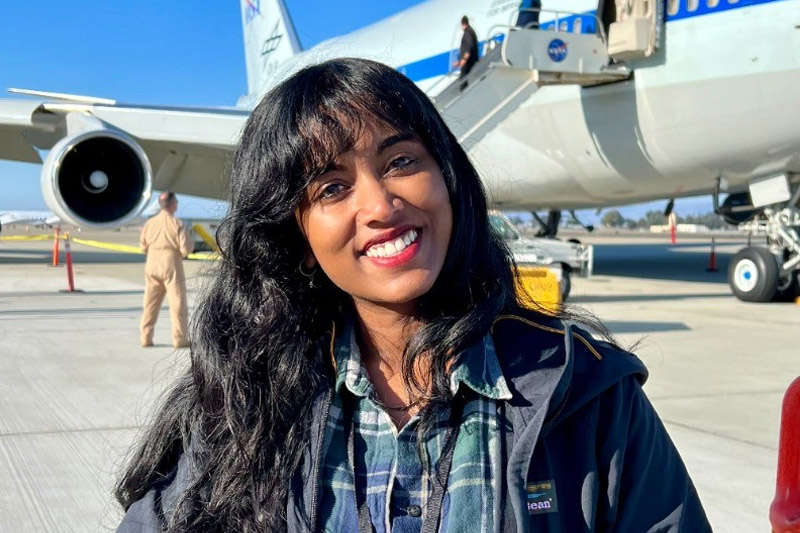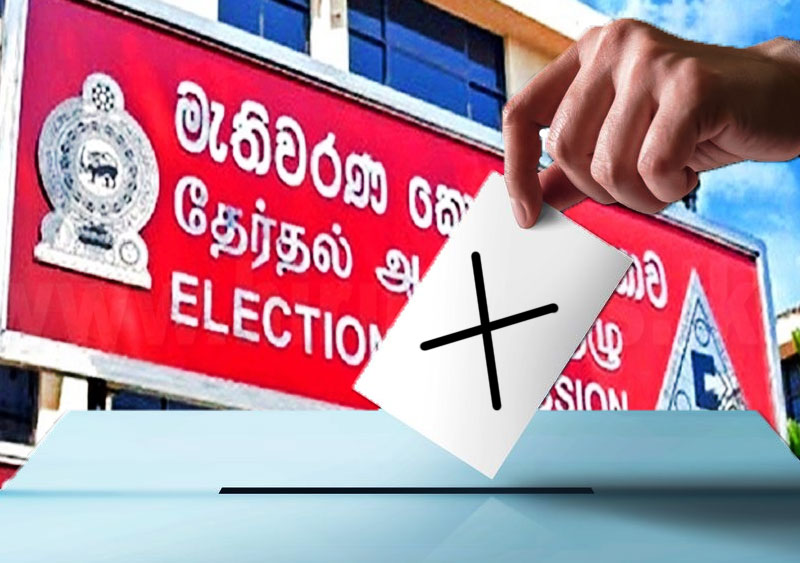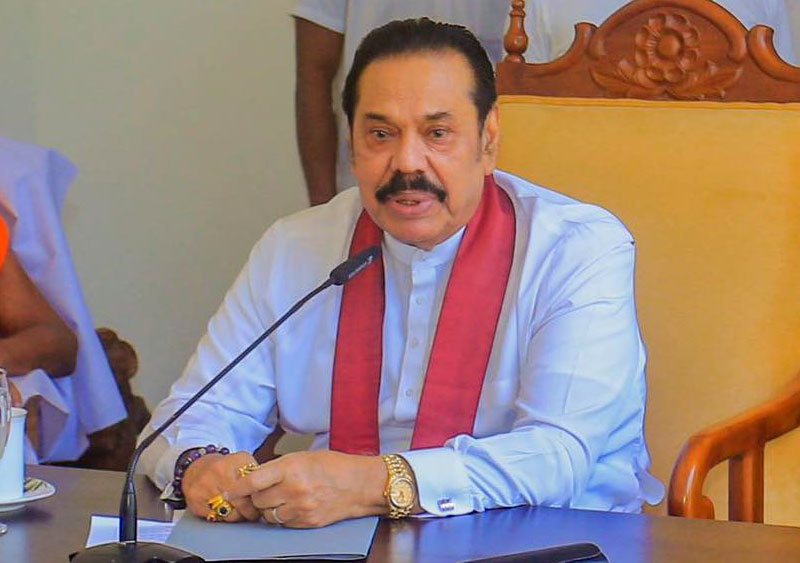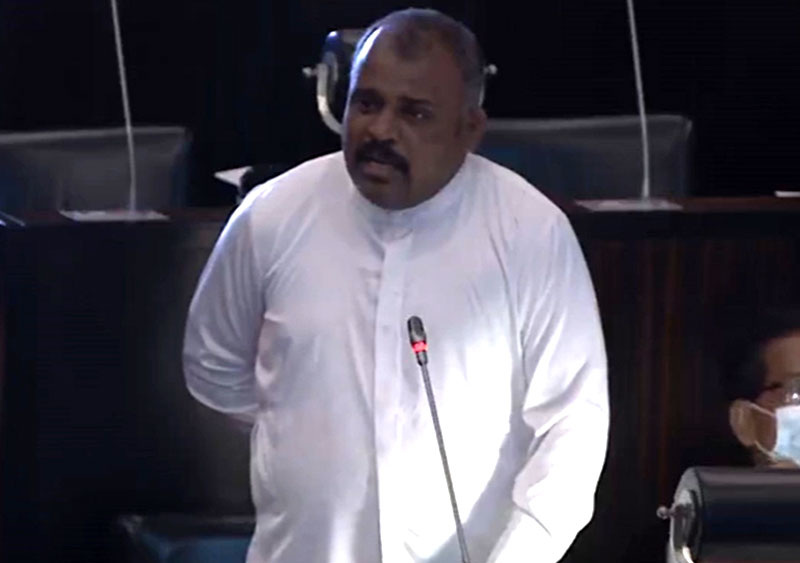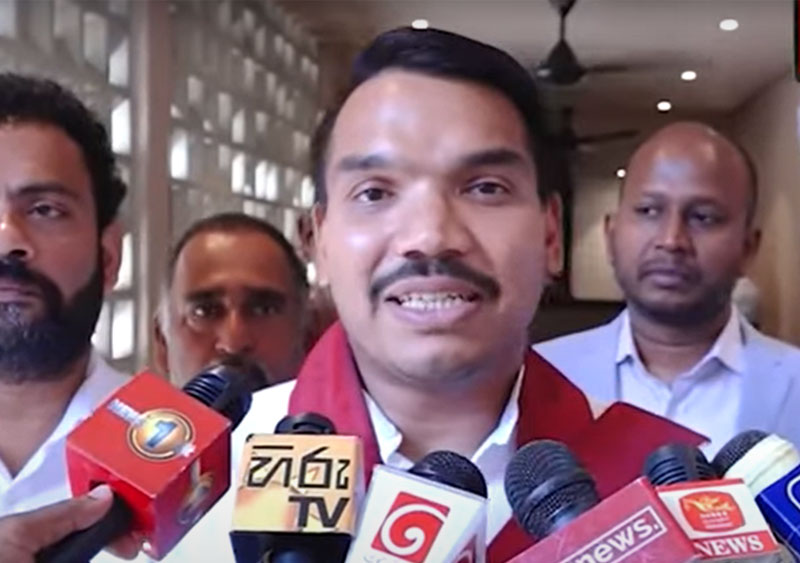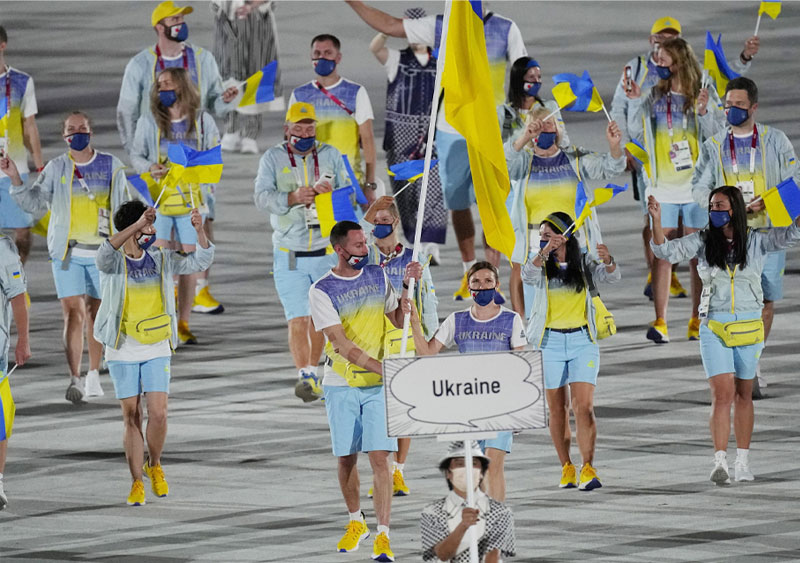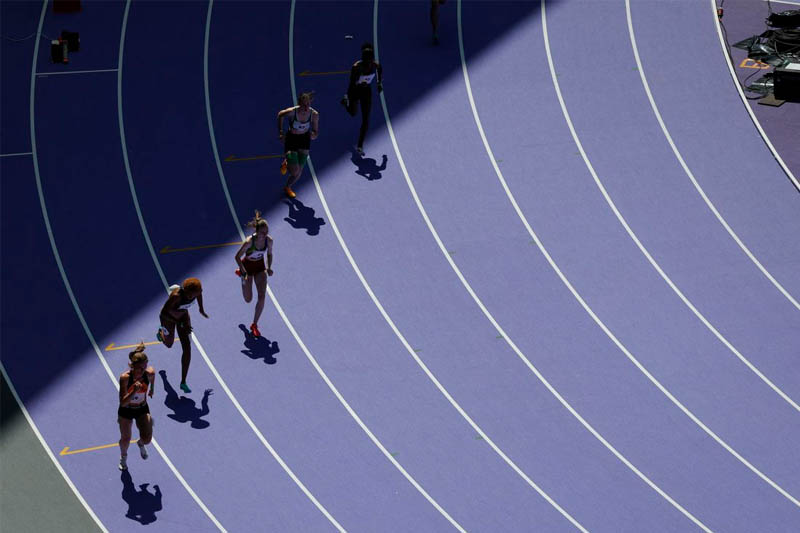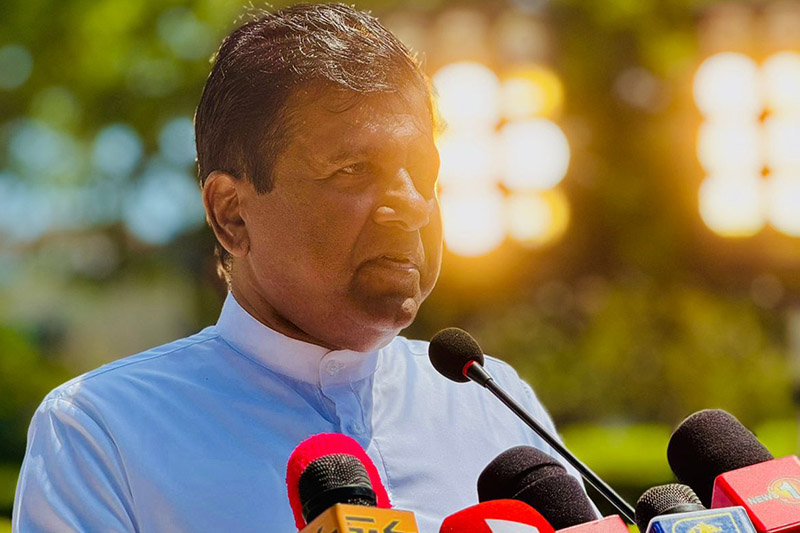A Sri Lankan postdoctoral research scientist Piyumi Wijesekara is among the new crew of four volunteers selected by NASA to participate in a simulated mission to Mars within a habitat at the agency’s Johnson Space Center in Houston.
The NASA said Jason Lee, Stephanie Navarro, Shareef Al Romaithi, and Piyumi Wijesekara will step into the agency’s Human Exploration Research Analog, or HERA, on Friday, May 10.
Once inside, the team will live and work like astronauts for 45 days.
The crew will exit the facility on June 24 after they “return” to Earth.
Jose Baca and Brandon Kent are this mission’s alternate crew members.
HERA enables scientists to study how crew members adapt to isolation, confinement, and remote conditions before NASA sends astronauts on deep space missions to the Moon, Mars, and beyond.
Crew members will carry out scientific research and operational tasks throughout their simulated mission to the Red Planet, including a “walk” on Mars’s surface using virtual reality.
They will also experience increasing communication delays lasting up to five minutes each way with Mission Control Center as they “near” Mars.
This crew is the second group of volunteers to participate in a simulated Mars mission in HERA this year.
The most recent crew completed its HERA mission on March 18.
Two other missions will follow this year, with the final HERA crew slated to wrap up on Dec. 20.
In a first for HERA, one crew member, Shareef Al Romaithi, hails from the United Arab Emirates (UAE) and will participate in the mission through a partnership between NASA and the UAE’s Mohammed Bin Rashid Space Centre (MBRSC).
As with the previous HERA mission this year, NASA’s Human Research Program is conducting 18 human health studies during the mission. The experiments will evaluate the physiological, behavioral, and psychological responses of crew members in an environment similar to what astronauts will face on a trip to Mars.
Seven of these studies are collaborations with the MBRSC and the European Space Agency (ESA).
Insights gleaned from the studies will allow researchers to develop and test strategies aimed at helping astronauts overcome obstacles on long missions deep into space.
Piyumi Wijesekara
Piyumi Wijesekara is a postdoctoral research scientist in the Radiation Biophysics Laboratory at NASA Ames Research Center in California’s Silicon Valley.
Her research focuses on developing tissue models to investigate the effects of spaceflight stressors, including ionizing radiation and lunar dust on the human respiratory system.
Wijesekara earned her bachelor’s degree in bioengineering from the University of California, San Diego, and her master’s and doctorate degrees in biomedical engineering from Carnegie Mellon University in Pittsburgh, Penn.
Her doctoral research focused on stem cell and organ engineering, with an emphasis on engineering lung models that mimic human lung physiology, to study respiratory diseases.
Wijesekara currently lives in San Francisco.
She enjoys spending time with family and friends, running along the San Francisco Bay, reading, hiking, volunteering at the food pantry, and attending concerts and musicals.
(dailymirror.lk)

